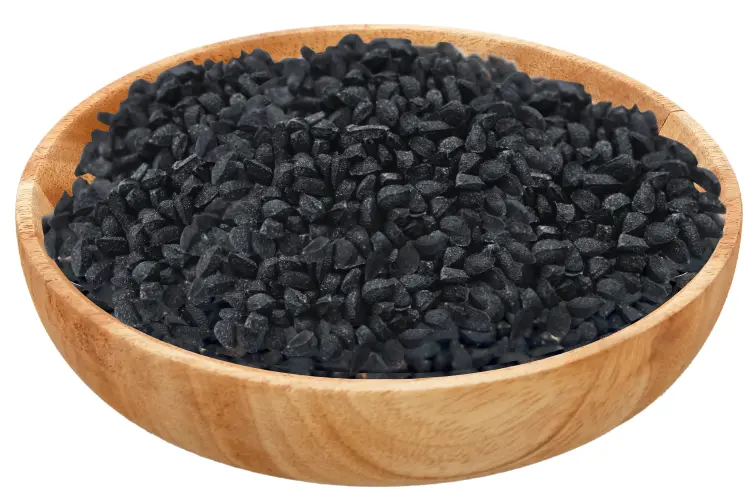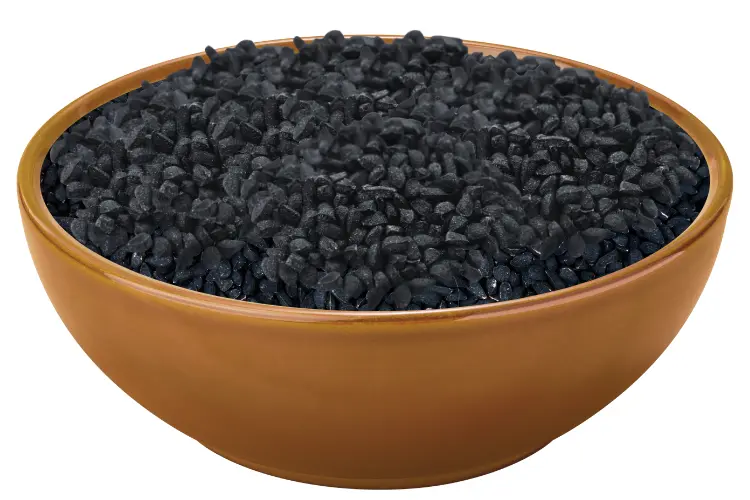1. Culinary Use: Black cumin seeds are used as a spice in cooking, particularly in Middle Eastern, Indian, and North African cuisines. They add a distinctive flavor to dishes, similar to a combination of onion, oregano, and black pepper. They are often sprinkled on bread, added to salads, soups, stews, and curries, or used as a seasoning for meat and vegetable dishes.
2. Medicinal Properties: These seeds have been used in traditional medicine for centuries due to their various health benefits. They contain active compounds such as thymoquinone, which has antioxidant, anti-inflammatory, and antimicrobial properties.
3. Immune Support: These seeds are believed to help support the immune system and promote overall health. They may help the body fight off infections and protect against illnesses.
4. Respiratory Health: The anti-inflammatory properties of these seeds make them beneficial for respiratory health. They may help alleviate symptoms of asthma, bronchitis, and other respiratory conditions.
5. Digestive Health: These seeds may aid in digestion and help relieve symptoms of gastrointestinal disorders such as indigestion, bloating, and gas. They are also believed to have a mild laxative effect.
6. Heart Health: Some studies suggest that black cumin seeds may help lower cholesterol levels and blood pressure, reducing the risk of heart disease and stroke. They may also have a protective effect on the heart and blood vessels.
7. Skin and Hair Care: Black cumin oil, derived from the seeds, is often used topically for skin and hair care. It is believed to have moisturizing, anti-aging, and anti-inflammatory properties, making it beneficial for various skin conditions such as acne, eczema, and psoriasis. It may also help promote hair growth and improve the condition of the scalp.
8. Antioxidant Effects: They are rich in antioxidants, which helps to protect the body from damage caused by free radicals and oxidative stress. This may contribute to their overall health benefits and anti-aging effects.


